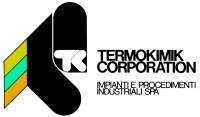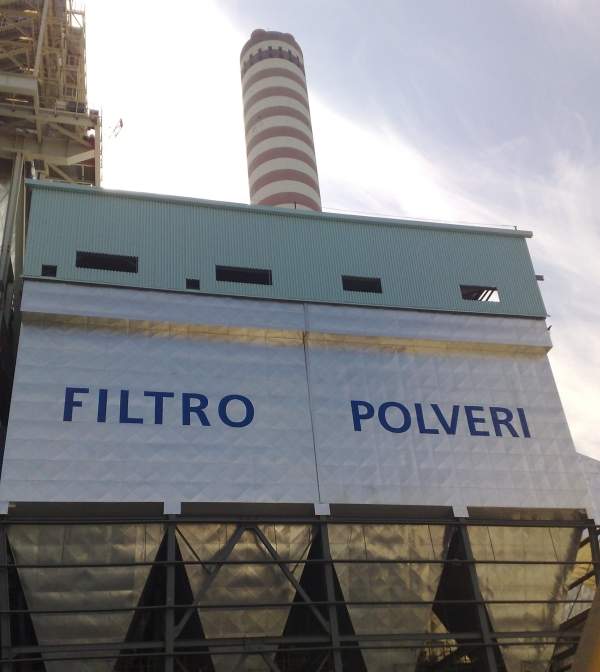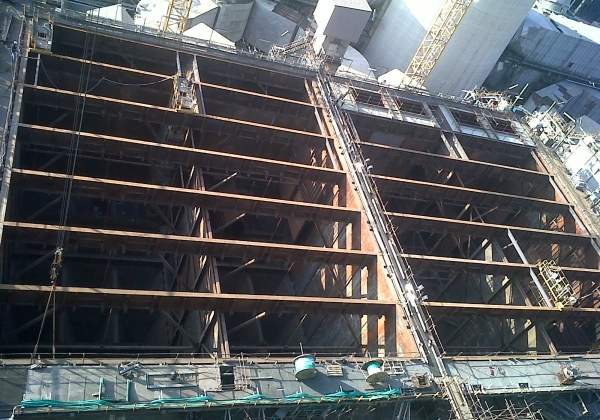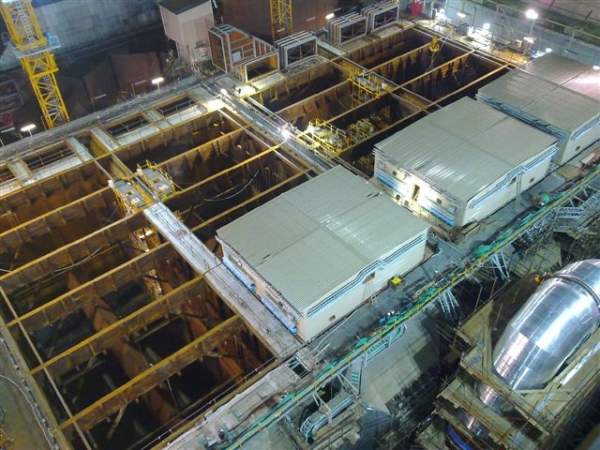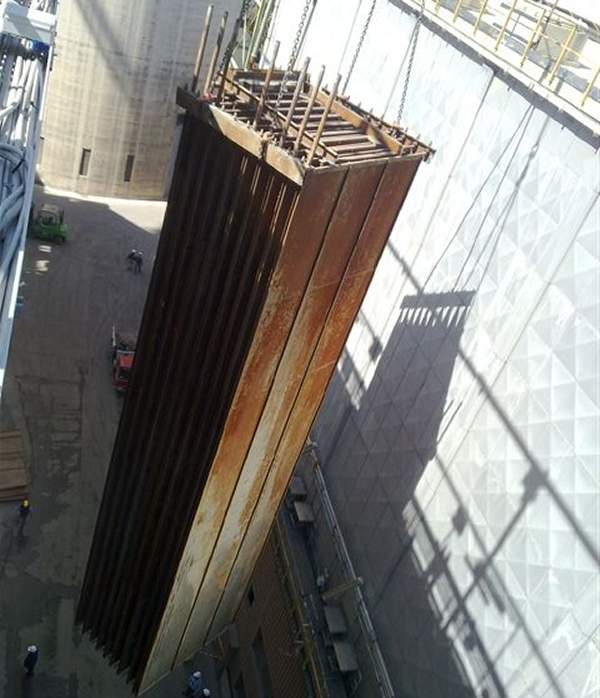Termokimik is an Italian engineering and contracting company specialising in the design, engineering, fabrication, supply, turnkey erection and management of a wide range of industrial processes and plants.
The company is active worldwide, with an extensive list of successful projects carried out in Africa, Asia and Europe, as well as North and South America.
Because of the experience of its highly-qualified employees, Termokimik has an impressive reputation within the main Italian and international industries, as well as the utility companies.
The main activities of the company are performed across three divisions:
- Industrial plants for energy and air protection (DeNOx, DeSOx, CO2 capture, dedusting)
- Industrial and municipal solid waste treatment
- Industrial and civil wastewater treatment
Almost unique in the field of engineering companies, Termokimik also possesses know-how for the design, the development, the construction and the testing of automation and control systems (DCS-PLC).
Administration, R&D, purchasing, production, erection, start-up, commissioning, customer management and assistance departments
Centralised services offered by the company include administration, customer management, purchasing, R&D, production, erection, start-up and commissioning.
Due to a lean organisation, a targeted programme of technology acquisition and a continuous R&D effort, Termokimik offers the performing solutions to meet the customer’s needs. In addition, because of its familiarity with operations on energy generation plants, the company can provide ‘stop and go’ interventions, reducing stoppages in production processes to the absolute minimum.
The three specialised divisions of Termokimik can provide a wide spectrum of solutions for pollution reduction in power plants, waste incinerators, petrochemical and nuclear plants, refineries, and factories for cement, iron and steel.
Electrostatic precipitators and fabric filters for power plants
An important role is played by Termokimik’s dedusting systems, in particular the electrostatic precipitators and fabric filters, installed in many power plants all over the world, as well as the innovative technique of the conversion from electrostatic precipitator to fabric filters.
Precipitators use electrostatic forces to remove charged solid particles or liquid droplets from gas streams.
Termokimik made its first electrostatic precipitator in 1970 and today the range of products includes several dozens of these items, which are successfully used throughout the world in applications that include clinker production, coal-fired and oil-fired power plants, as well as municipal and industrial waste incineration facilities.
The main advantages of Termokimik’s ESP are:
- Optimum system design: Termokimik’s extensive experience allows us to select the best system configuration for a specific application. Each electrostatic precipitator is the result of a tailored optimisation process, targeted at determining the most cost-effective solution
- Maximum precipitation rate: state-of the-art controls and energisation techniques are used to maximise the precipitation rate and promptly respond to any change in working conditions
- Minimum energy consumption: Termokimik uses energy-efficient electrodes together with advanced-control algorithms, which ensures minimal power consumption
- Higher availability: the evolution in our electrostatic precipitator design has helped reduce the number of components to minimise maintenance requirements
Fabric filters for the global power industry
Termokimik’s experience on large power plants includes some of the largest in the world, with units up to 600MW and flow-rates higher than 2,150,000Nm3/h.
The main characteristics of Termokimik’s state-of-the-art fabric filters are:
- High removal rate: Termokimik fabric filters reach removal rates of 99.9% with excellent performances also on fine particles. Emission levels can be as low as 2mg/Nm3
- Top-quality filter bags: long performance life is ensured by selecting the finest fabrics and the best qualified bag makers. Termokimik’s qualification procedure for the choice of bag suppliers includes strict criteria that only the most experienced and best quality suppliers can meet
- Accurate design: every aspect of the project is taken into consideration when designing the fabric filter. Technical, operational and economic factors are carefully evaluated in order to work out the optimum solution
Electrostatic precipitator conversion into fabric filtration in power facilities
As the allowed emissions standards for SO2, NOx and particulate matter continue to be reduced, it has become more difficult to meet them with economically sized precipitators, particularly when changes in the fuel are required to comply with the new requirements.
While the changes in fuel may help reduce one of the emission problems (SO2), it may be more difficult for the existing ESP to efficiently collect the particulate matter. Consequently, the plant owner must investigate the most cost-effective way of reducing the particulate emissions from the plant. This may be accomplished by increasing the collecting plate area of the existing ESP system or, depending on the specifics of the site, may require conversion of the ESP into a fabric filter collector.
The size, condition and arrangement of the existing ESP must also be suited for the conversion. The ESP must be large enough to lodge the number of filter bags required to achieve the proper air-to-cloth ratio to meet the required outlet emissions. The existing ESP casing including the hoppers must not have any sign of corrosion, as any degree of casing corrosion will either limit the life of the converted system or add significant cost to the conversion project. The layout of the ESP must be such that the unit may be arranged to allow uniform gas flow through the unit to distribute the gas to all of the filter bags.
By the injection of absorbents into the gas stream ahead of the fabric filter, the contaminated gases must pass through the chemical agent on the surface of the bags before being discharged into the atmosphere. This forced contact with the absorbent results in efficient collection of the pollutants.
Based on many successful operating plants, the conversion of existing ESPs to FFs is a cost-effective method of meeting the lowered outlet of emissions.
Experienced in the conversion from ESP to fabric filters at coal-fired power plants
Termokimik has an almost unique experience in the conversion from ESP to fabric filters at coal-fired power plants, a solution that allows operators to minimise the capital cost of the filter installation due to the reusing of ESP structure and casing.
For these kinds of projects, the key point is to minimise the shutdown period in order to reduce the overall cost of the job. The skills and specific experience of Termokimik’s engineers allow them to find the most cost-effective configuration.

